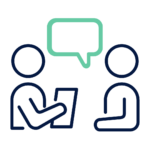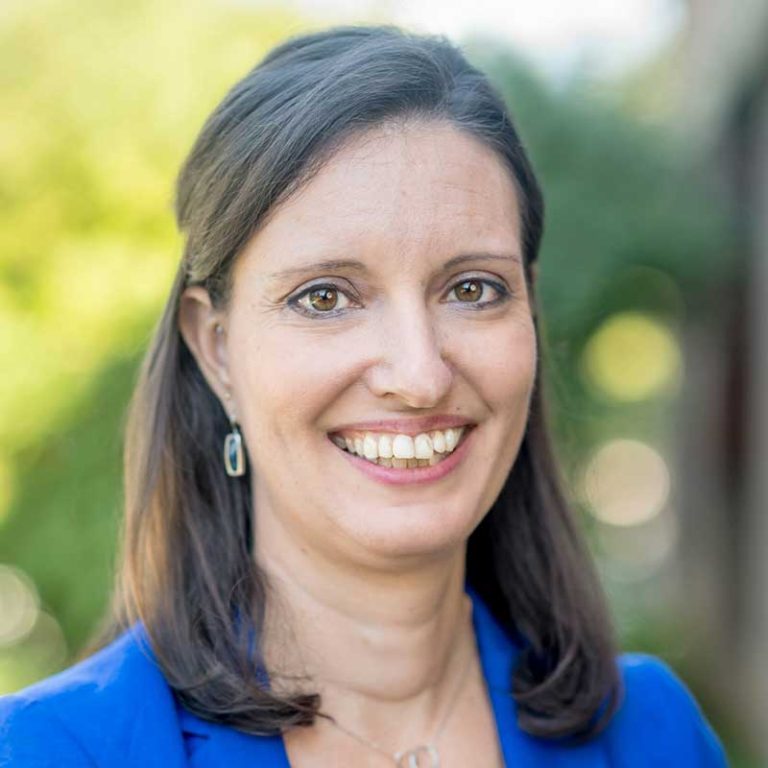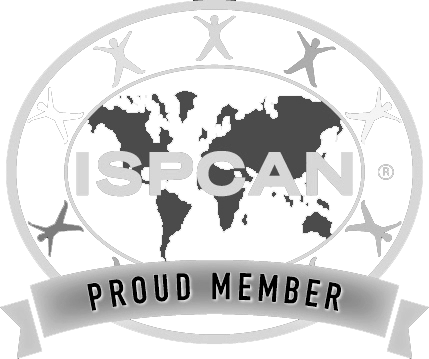Promoting Safe Behaviors
Hearing that your child/teen has engaged in Problematic Sexual
Behavior can be extremely stressful for everyone involved.
But there is help, and there is hope.
Overview
What is Problematic Sexual Behavior?
Problematic Sexual Behavior is more than kids playing doctor or showing curiosity about private parts. Problematic Sexual Behavior includes sexual behaviors that are beyond typical sexual development. The term is also used when youth display sexual behaviors that do not respond to parental intervention, or are frequent, intrusive or occur among youth of disparate ages or abilities. Problematic Sexual Behavior could also be behaviors that are aggressive, intrusive or coercive, and/or cause harm to the youth and others.
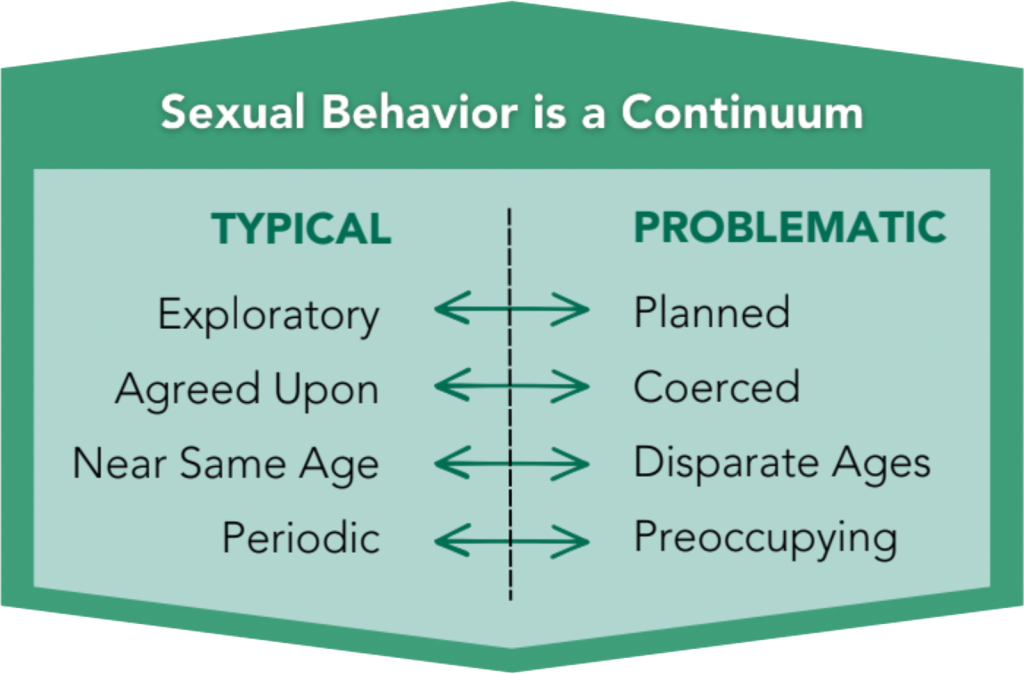
The mission of the Promoting Safe Behaviors (PSB) Program is to strengthen families and prevent future harm by holistically addressing the needs of children and youth with problematic sexual behaviors through evidence-based treatment and diversionary services.
Audience
Our program is designed to help youth and caregivers alike.
Youth
Youth ages 3-14 displaying patterns of problematic sexual behavior at home, school and/or community settings
Impacted Youth
Kids of any age.
Caregivers
Caregiver(s) of youth with problematic sexual behavior
Approach
A weekly, group-based approach.
Group-model-based program made up of two groups: youth with problematic sexual behavior, and caregiver(s) of youth with problematic sexual behavior.
- Groups will meet separately, on a weekly basis for 60-75 minutes
- Depending on age of child and progress in treatment, program will last between 18-22 weeks
- Impacted youth will receive individual trauma therapy or abuse prevention sessions
Youth Groups will learn:
- Rules about sexual behavior & boundaries
- Coping skills and impulse control skills
- Social skills and empathy
- Sex education and abuse prevention
Caregiver Groups will learn:
- Normal vs. problematic sexual behaviors in youth
- Appropriate responses and supervision for youth’s sexual behaviors
- Skills to increase communication for prevention of problematic sexual behavior
- Effective responses to behavioral problems
Understanding the Issue
There isn't one type of youth who develops problematic sexual behavior.
Problematic Sexual Behavior usually occurs when youth are feeling curious, anxious, angry, reacting to trauma, trying to imitate others, or calm themselves down. Youth who exhibit problematic sexual behavior often exhibit a lack of impulse control or challenges with social skills and decision-making abilities.
Research suggests that many factors can contribute to developing problematic sexual behavior, including:
- Youth vulnerabilities
- Exposure to sexual materials
- Exposure to violence
- Factors that hinder caregiver guidance and supervision
Why “Person-First” Language is Important
When talking to a child or family about their youth’s problematic sexual behavior, it’s important to use person-first language. Person-first language puts a person before a behavior, describing what behavior a person “has” rather than asserting what a person “is”. Simply put, it sends a strong message to the child:
You are not defined by your mistake, and doing a bad thing doesn’t make you a bad person.
Here are a few examples of person-first language that you can use when talking to a child or family:
- Youth with sexual behavior problems
- Youth who sexually acted out
- Child actor
- Youth with sexually harmful/hurtful/illegal behavior
Contact
Learn about other services available through Mission Kids
